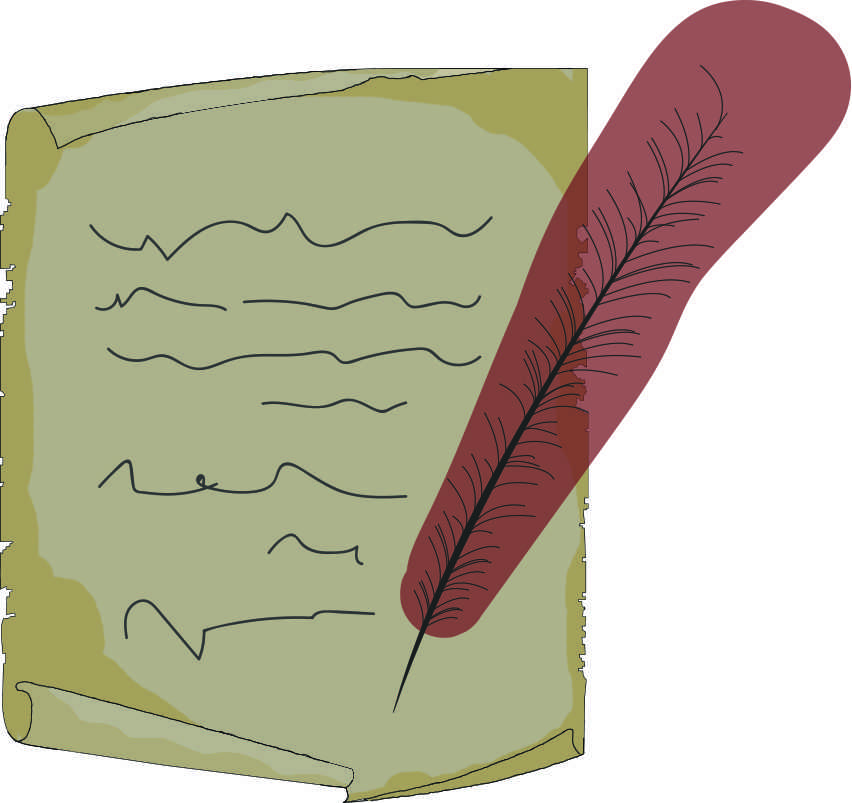The pillars of St. Joe’s and the American experiment
Written by Jason D’Antonio ’19
Like almost everyone, I was shocked after the result of the election. Regardless of which candidate you voted for, he or she was the one you thought would make the right decision for our country. However, few predicted the eventual outcome. So, I decided to attend the forum hosted on Nov. 10 called, “Making Sense of the Presidential Election,” hosted by the university to further reflect on the election and its effects.
I will be frank and admit, I was uncomfortable at the forum. Like many, my parents make over $50,000 a year, I am not a female, and I am white. According to some of the statements made by a speaker at the forum, I could have been someone who did not care about women or minorities. According to this speaker, my vote may have told those students they do not matter. But nobody knew who I voted for, nor should they.
You and I are different. Through no fault of our own, you and I were born with a different appearance, with a different heritage, and in a different home with different surroundings. But we do have one thing in common: we are human.
As a history enthusiast, I often look back to moments in our nation’s history for guidance and hope.
In the winter of 1770, tension between American colonists and the Crown were reaching a boiling point and much like our current political climate today, it was charged, tense, and volatile. Similarly, disagreements about governance and taxation split the colonies in two. In an effort to quell rebellious attitudes, the British sent troops to Boston, Mass., much to the discontent of its citizens.
On March 5, 1770 , in a protest of discontented demonstrators, violence erupted, resulting in the death of five men, including a freed slave and a boy named Samuel Maverick who was 17—just about our age. The culprits of these deaths were the detested British soldiers. This event became known as the Boston Massacre, and after it occurred, pamphlets were a way for persons to give voice to dissent in a time of heated conflict. Many colonists wanted a fair trial for the soldiers and believed they deserved justice.
It is theorized that one man believed they deserved a fair trial: our soon-to-be president, John Adams. Understanding that a fair and just trial should be a cornerstone of what would become the United States of America, Adams agreed to represent the men and provide legal representation.
To me, this is remarkable. The man who would later go on to help draft our Declaration of Independence and become a formidable adversary to Great Britain as an ambassador and president, was to ensure that justice was carried out, even for representatives of the loathsome British government. He put aside his differences and political views, and volunteered his career and reputation to represent these men in court.
Let’s face it – we are in a critical time. A time that will test our democracy and values. A time that will require each and every one of us to be fair and open, something we practice daily here at Saint Joseph’s University. We shouldn’t judge others by who they voted for, their skin color, or religion, only by their actions and character.
In this peculiar time, we must remember to, in fact, open our hearts towards one another. Violence and dysfunction will surely come as a result of close-mindedness and will lead to the destruction of our sacred liberties and values.
Tolerance and understanding is the only way to create a safe and just future for all.














































